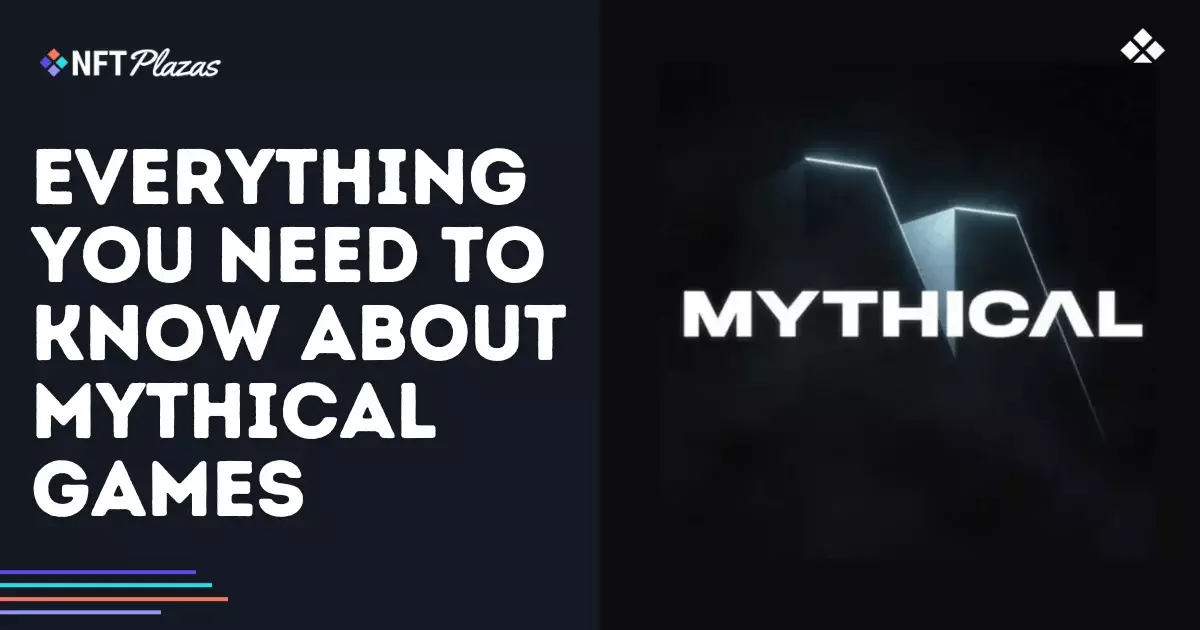At the dawn of the cryptocurrency boom, Mythical Games positioned itself as a pioneer, promising a revolutionary shift in how players interacted with digital assets. Founded by veterans from major gaming giants like Activision, the company boldly proclaimed that blockchain technology would democratize in-game ownership, transforming players from mere consumers into stakeholders. However, this optimism was largely fueled by hype and a naive belief that blockchain’s novelty alone could sustain a robust gaming ecosystem. In reality, Mythical’s ambitious plans were predicated on technological unproven concepts that had yet to demonstrate lasting value, especially within the complex landscape of consumer entertainment.
The hype around Mythical’s vision obscured the stark truth: until blockchain gaming’s utility surpasses speculative trading and superficial branding, it remains a transient trend rather than a sustainable innovation. Mythical’s early success in fundraising, reaching a valuation of over $1 billion within three years, was a testament more to investor fervor than to the company’s ability to establish a durable, player-focused ecosystem. This reflects a broader industry’s tendency to overestimate the potential of blockchain as a transformative force in gaming—drawing in capital based on future promises rather than current reality.
Revenue, Popularity, and the Overhyped Promise of Blockchain Ownership
Mythical’s flagship titles, like Blankos Block Party, exemplified the company’s commitment to blending blockchain with mainstream gaming but served as a cautionary tale rather than a blueprint for sustainable success. Despite collaborations with brands like Burberry and Deadmau5, these titles struggled to maintain player engagement over time. The fundamental problem was that the blockchain component—NFT ownership—remained a peripheral feature rather than the core of engaging gameplay. Collectible digital toys, while visually appealing, failed to captivate players in the long term when their novelty waned.
Meanwhile, the company’s strategy to introduce blockchain mechanics into popular genres like sports and racing—culminating in hits like NFL Rivals and Nitro Nation—highlighted an overreliance on leveraging existing franchises to mask the underlying weak appeal of blockchain-enabled assets. These games garnered impressive initial download figures but risked being just fleeting sensations that capitalized on the brands’ existing popularity rather than creating genuinely compelling gameplay experiences. The core issue was that many players engaged superficially, willing to participate only as long as the novelty persisted, revealing the fragility of blockchain’s appeal in gaming.
Internal Strife and Market Volatility Have Exposed Weaknesses
Mythical’s internal disputes, such as the exit of key executives in late 2022 and continued legal battles, underscore the fragility of their corporate structure amid turbulent market conditions. These conflicts not only diverted attention but also reflected a fundamental misalignment of long-term goals versus short-term gains. As the crypto market stumbled in late 2022, Mythical’s valuation eroded, prompting layoffs and strategic shifts toward mobile gaming—a recognition that the blockchain gaming model, as initially envisioned, was not yet ready for prime time.
The shutdown of the PC version of Blankos and a renewed emphasis on mobile demonstrate that Mythical is evolving, yet it also exemplifies the challenges in trying to embed blockchain monetization into gaming’s inherently social and immersive nature. This pivot signifies a reluctant acknowledgment that blockchain-based assets alone cannot sustain long-term user engagement. Instead, they are auxiliary features that might enhance, but cannot replace, fundamental principles of enjoyable, well-designed gameplay.
Are Blockchain Technologies and Mainstream Gaming Compatible or Do They Alienate the Masses?
Despite its setbacks, Mythical continues to push forward, partnering with established brands across industries, betting that the mainstream market will eventually embrace blockchain if presented correctly. Yet, history suggests that blockchain’s real challenge in gaming is not technological innovation but consumer acceptance. For the casual gamer, blockchain often remains an opaque, disruptive overlay that complicates rather than enhances the experience. The industry’s obsession with tokenization and digital ownership risks alienating the broader audience if it prioritizes speculative assets over genuine entertainment value.
The failed attempts to sustain interest in early titles reveal that adding blockchain mechanics is insufficient without compelling gameplay that appeals beyond the blockchain crowd. Mythical’s experience indicates that blockchain must become seamless and invisible to most players—an obstacle that the industry has yet to overcome convincingly. Until the benefits of player ownership are convincingly communicated and integrated into engaging narratives, the future of blockchain in gaming remains uncertain.
The Next Chapter: Pledges for Innovation in a Volatile Market
Looking ahead, Mythical’s strategy to expand into new titles and collaborations demonstrates resilience but also exposes their reliance on a fragile premise. The company’s focus on mainstream brands like FIFA and Pudgy Penguins signals a shift toward broadification—yet success hinges less on the blockchain aspect and more on whether they can craft experiences that excite and retain players on their own merits.
The core issue remains: can web3 gaming transcend its current identity crisis and become less of a speculative playground and more of a meaningful entertainment medium? Mythical’s journey underscores that technological innovation alone will not secure the future. It must be complemented by a pragmatic approach that recognizes the industry’s core principles—fun, engagement, community—and not just ownership tokens and marketplace transactions. Only then will blockchain gaming grow into a sustainable, respected segment of the gaming economy, rather than a fleeting glimpse of hype that inevitably fades away.

